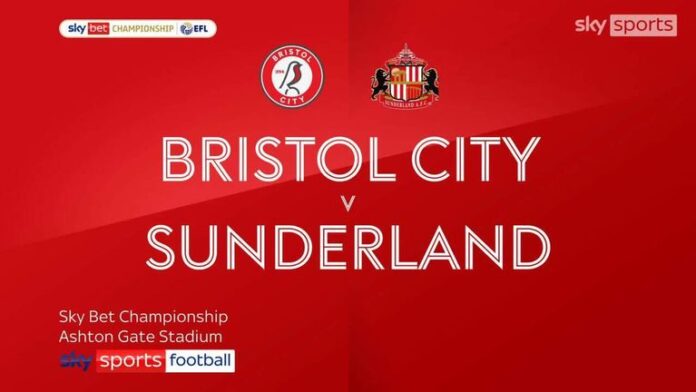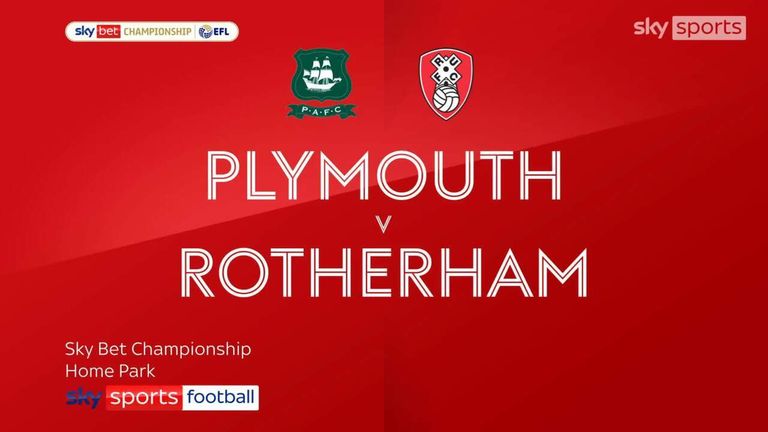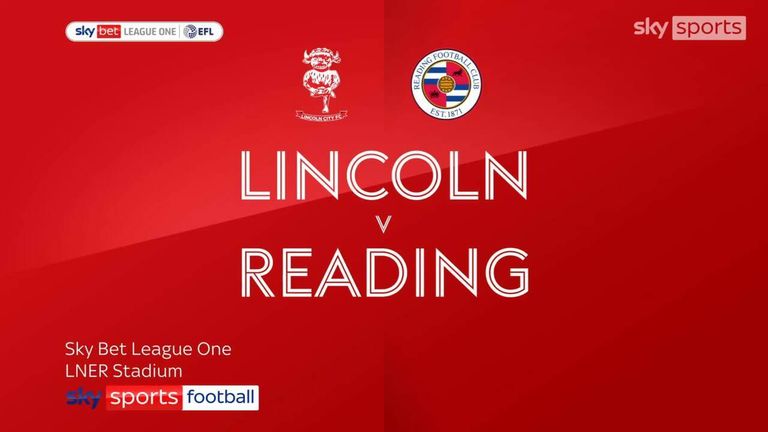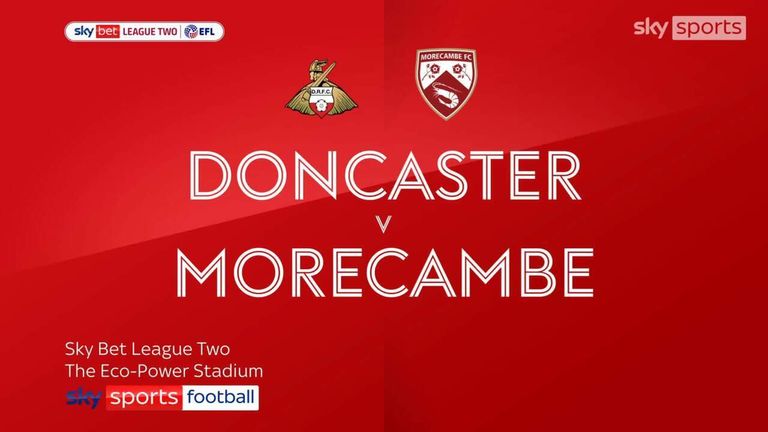In Behind the Whistle, former Premier League and EFL referee Chris Foy goes through a selection of key match decisions from the latest Sky Bet Championship, League One and League Two action.
Behind the Whistle aims to give supporters of EFL clubs an insight into the decision-making considerations and also clarification of certain calls to provide an understanding of how the laws of the game are interpreted.
As part of a regular feature on Sky Sports following the conclusion of a matchday, Foy will be here to run you through some refereeing matters in the EFL…
Bristol City 1-0 Sunderland
Incident: Potential penalty (Bristol City)
Decision: Penalty awarded (Bristol City)
Foy says: Once the Bristol City attacker gets to the ball first and knocks it past the onrushing Sunderland goalkeeper, any type of contact in this situation is likely to give the referee a decision to make.
On this occasion, the goalkeeper doesn’t play the ball and his actions result in contact with clear consequence of bringing down the attacking player inside the area. For me, the correct call was made.
Plymouth Argyle 3-2 Rotherham United
Incident: Potential red card – Serious foul play (Rotherham)
Decision: Yellow card issued (Rotherham)
Foy says: I think this is a challenge that could have been judged to be an offence of serious foul play and a red card shown to the Rotherham United player.
I believe the player lunges into the challenge with excessive force and the high point of contact on the upper part of the ankle/lower leg, which clearly endangers the safety of an opponent. I think the better outcome would have been to have shown a red card in this instance.
Lincoln City 1-1 Reading
Incident: Goal scored – potential offside (Reading)
Decision: Goal disallowed – offside (Reading)
Foy says: With multiple players in the area and given there is a deflection from another defender after the initial effort is struck from the edge of the area, this is a really good decision by the assistant referee.
From the initial shot by Reading’s No 17, the eventual goal scorer is in an offside position, deeper than any Lincoln City players, including the defender nearest to the goalpost and the goalkeeper who is also further forward. The deflection on the way through comes off a Lincoln defender, therefore the offside position is judged at the moment of the initial effort on goal from the edge of the box – with the player correctly ruled to be offside and the goal disallowed.
Crawley Town 1-3 Mansfield Town
Incident: Potential penalty (Crawley Town)
Decision: Penalty awarded (Crawley Town)
Foy says: I don’t believe this particular incident should have resulted in a penalty kick being awarded to Crawley Town.
There are a few reasons: the free-kick is taken short, with the incident in question taking place on the edge of the area and away from where the ball is played, and I don’t think the actions of the defender meet the required threshold for a clear holding offence with impact.
I think the better course of action would be to let the game continue with no awarding of a penalty.
Doncaster 0-5 Morecambe
Incident: Goal scored – potential offside (Morecambe)
Decision: Goal awarded (Morecambe)
Foy says: I think this highlights the importance of positioning for an assistant referee, as he is directly in-line with the second-last defender and able to make the correct decision.
It’s a close call with the attacking player leaning forward in anticipation of the ball being played through, but he has timed the run well, with the play continuing and a goal scored shortly afterwards. A really excellent on-field decision from the assistant referee.
Source : Sky Sports
















